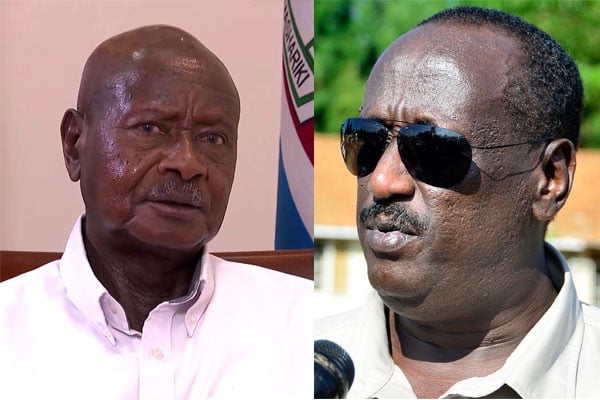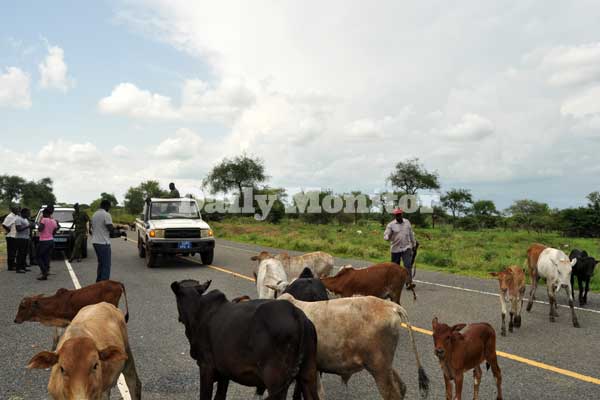Addressing the Balaalo dilemma: A political solution

What you need to know:
- To comprehend the complexity of this matter, we must address several questions, ultimately recognising that this controversy can only be resolved through political means
The Balaalo question remains a contentious issue in northern Uganda. Despite multiple presidential directives aimed at removing the Balaalo from the region and ongoing protests from local leaders, especially in the Acholi region, the presence of the Balaalo remains a persistent challenge for the people of northern Uganda.
To comprehend the complexity of this matter, we must address several questions, ultimately recognising that this controversy can only be resolved through political means.
When you listen to leaders from Acholi, the origin of the Balaalo remains somewhat unclear. However, they are primarily Bantu-speaking people, from the western region.
Hon Fungaroo while appearing on TV recently suggested that some Balaalo were chased from Tanzania before coming to northern Uganda, raising the question of their previous location.
One would have suspected their origin to be Rwanda or Democratic Republic of Congo, but is there a nomadic pastoralist population in the mountainous and forested areas of eastern Congo, which is not conducive to livestock farming?
Another claim by Hon Fungaroo was that Balaalo call upon certain military generals for assistance when confronted. This raises a question of who are these generals, and what is their connection to the Balaalo? It can be inferred from these questions that the Balaalo are indeed Ugandans.
Irrespective of their origin, it is important to pay attention to the legitimate concerns being raised by these leaders. They claim that the Balaalo’s cattle are damaging their gardens, a behaviour observed among some cattle keepers.
They also assert that the Balaalo’s culture is quite alien to them, citing examples of open-space bathing and limited access to water points. It’s sad for the Balaalo to appear as if they are subjugating a group of people in their own land!
This is exacerbated by regional social inequalities. Land prices vary significantly across regions, with an acre of land in Kigezi or Ankole costing between Shs15 to Shs20 million , while in Acholi, it can be as low as Shs500,000 . This economic disparity results from the 20-year LRA war, which displaced the local population and disrupted their social fabric.
Allowing those with more resources to buy land cheaply poses an existential threat to the northern Uganda community.
Therefore, the President’s directive allowing the Balaalo with fenced land to remain may not be an equitable solution, because indeed many Balaalo have capacity to buy land and fence it off!
Minimising or stopping Balaalo entry in the north would be a lasting solution, but what does the law say?
The Constitution permits individuals to settle wherever they choose. It grants a Munyankole, Munyarwanda, or Musoga the right to buy and establish a farm in Karamoja or Acholi, just as Karamojong can buy land in Ankole or Busoga. So, under what legal framework are the Balaalo being forced out of the north?
Regrettably, Uganda is actively promoting regional integration, encouraging the free movement of people and goods across the East African region.
However, there is a disconnect when sub-regions like Acholi are hesitant to embrace fellow Ugandans as part of their society.
How can we achieve regional integration when we are still divided along tribal and sub-regional lines?
So, with the absence of a legal framework under which Balaalo can be removed from the north, a political solution is needed.
The Cabinet should resolve to restrict the Balaalo from settling in the north.
The President should engage with the Balaalo community to explain the potential dangers of imposing themselves on the north, emphasising its implications on stability and national cohesion.
It would be advisable for the Balaalo to transition to modern farming methods that do not require vast expanses of land.
Having fewer cows with higher productivity is better than having hundreds of cattle solely for prestige. A political solution can address this hullabaloo.
George Muhimbise, [email protected]




